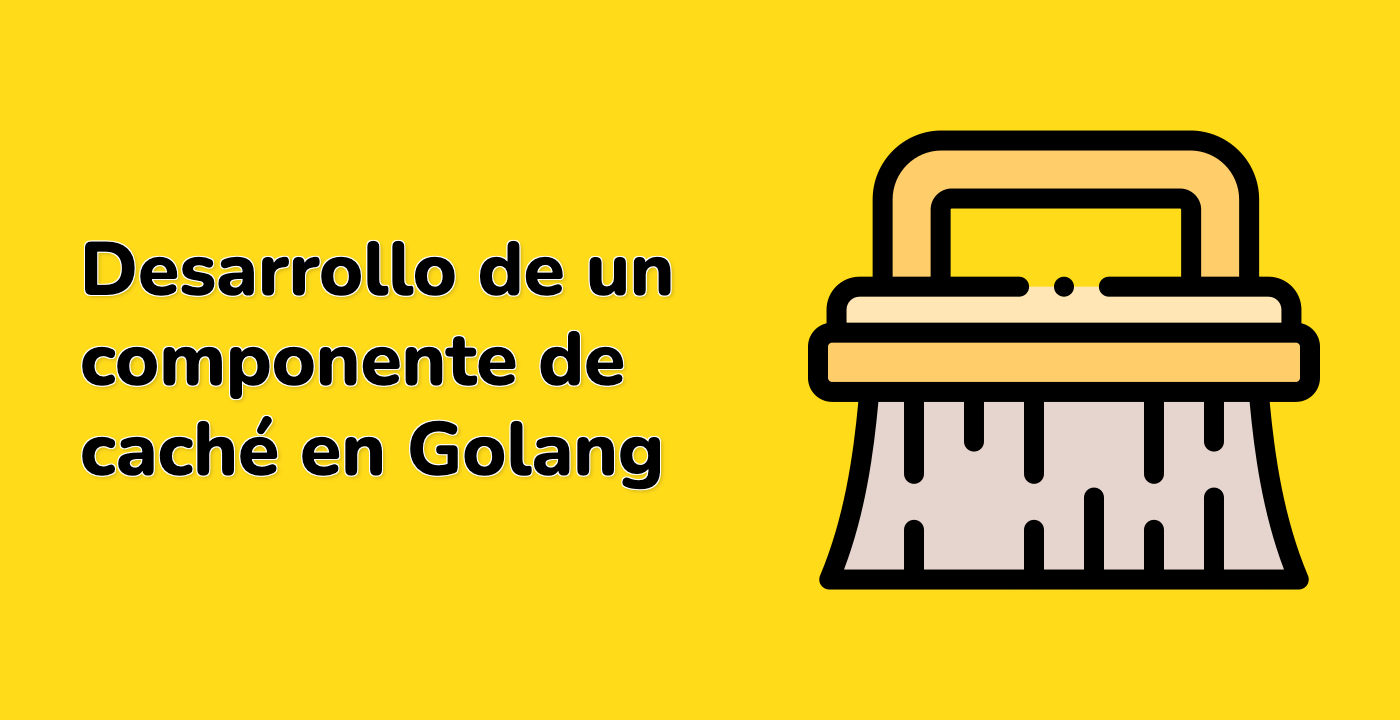Escenarios de tiempo en el mundo real
Introducción al manejo práctico del tiempo
Las aplicaciones del mundo real a menudo requieren técnicas sofisticadas de gestión del tiempo. Esta sección explora escenarios prácticos que demuestran la manipulación avanzada del tiempo en Go.
Registro (Logging) y gestión de marcas de tiempo (timestamps)
Registro estructurado con marcas de tiempo
package main
import (
"fmt"
"log"
"time"
)
type LogEntry struct {
Timestamp time.Time
Message string
Severity string
}
func createLogEntry(message string, severity string) LogEntry {
return LogEntry{
Timestamp: time.Now(),
Message: message,
Severity: severity,
}
}
func main() {
entry := createLogEntry("System startup", "INFO")
fmt.Printf("Log Entry: %+v\n", entry)
}
Programación (Scheduling) y tareas periódicas
Implementación de funcionalidad similar a Cron
package main
import (
"fmt"
"time"
)
func periodicTask(interval time.Duration, task func()) {
ticker := time.NewTicker(interval)
defer ticker.Stop()
for {
select {
case <-ticker.C:
task()
}
}
}
func main() {
go periodicTask(5*time.Second, func() {
fmt.Println("Periodic task executed at:", time.Now())
})
// Keep main goroutine running
time.Sleep(20 * time.Second)
}
Mecanismo de caché basado en tiempo
package main
import (
"fmt"
"sync"
"time"
)
type CacheItem struct {
Value interface{}
Expiration time.Time
}
type TimeCache struct {
items map[string]CacheItem
mu sync.RWMutex
}
func (c *TimeCache) Set(key string, value interface{}, duration time.Duration) {
c.mu.Lock()
defer c.mu.Unlock()
c.items[key] = CacheItem{
Value: value,
Expiration: time.Now().Add(duration),
}
}
func (c *TimeCache) Get(key string) (interface{}, bool) {
c.mu.RLock()
defer c.mu.RUnlock()
item, found := c.items[key]
if!found || time.Now().After(item.Expiration) {
return nil, false
}
return item.Value, true
}
Clasificación de escenarios de tiempo
| Escenario |
Consideraciones clave |
Caso de uso típico |
| Registro (Logging) |
Precisión, Zona horaria |
Monitoreo del sistema |
| Caché (Caching) |
Expiración, Concurrencia |
Optimización de rendimiento |
| Programación (Scheduling) |
Intervalo, Fiabilidad |
Tareas periódicas |
Flujo de tiempo en sistemas complejos
graph LR
A[Event Trigger] --> B[Timestamp Generation]
B --> C[Time-Based Processing]
C --> D[Caching/Storage]
D --> E[Expiration Check]
Monitoreo de rendimiento
package main
import (
"fmt"
"time"
)
func measurePerformance(operation func()) time.Duration {
start := time.Now()
operation()
return time.Since(start)
}
func main() {
duration := measurePerformance(func() {
// Simulate some work
time.Sleep(100 * time.Millisecond)
})
fmt.Printf("Operation took: %v\n", duration)
}
Patrones avanzados de manejo de tiempo
- Utilice contextos con tiempos de espera (timeouts).
- Implemente un retroceso exponencial (exponential backoff).
- Maneje las conversiones de zona horaria con cuidado.
- Utilice operaciones atómicas para la lógica basada en tiempo concurrente.
Manejo de errores en operaciones de tiempo
package main
import (
"fmt"
"time"
)
func safeTimeParse(timeStr string) (time.Time, error) {
formats := []string{
time.RFC3339,
"2006-01-02 15:04:05",
"2006/01/02",
}
for _, format := range formats {
if parsed, err := time.Parse(format, timeStr); err == nil {
return parsed, nil
}
}
return time.Time{}, fmt.Errorf("unable to parse time")
}
Consejo de aprendizaje de LabEx
Explore estos escenarios del mundo real en los entornos interactivos de programación en Go de LabEx para adquirir experiencia práctica con técnicas de manipulación de tiempo.




